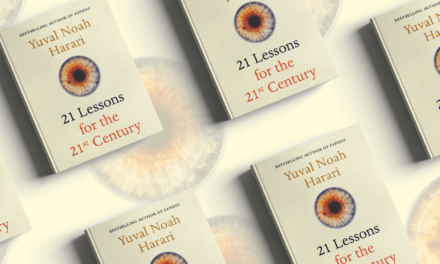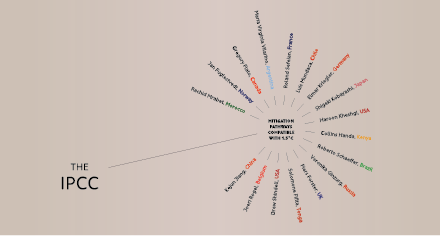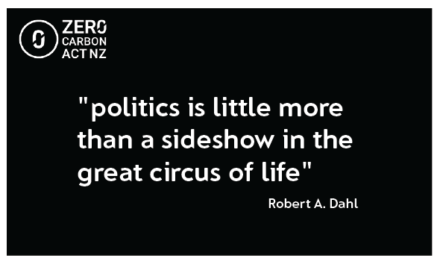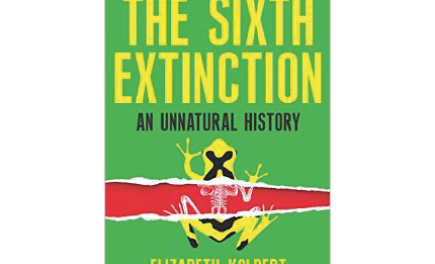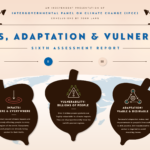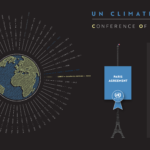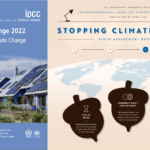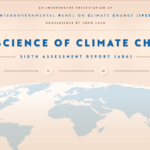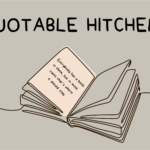Denied
BY JOHN LANG
To support the release of Richard Black’s new book, get your copy here: Denied: The Rise and Fall of Climate Contrarianism.
Denied would make a great Christmas present for your climate-change-denying uncle. But if he’s a lost cause, it would equally suit your climate-curious friend — Black’s run down of the scientific aspects of climate change for a popular audience is as good as it gets.
We’re planning to review the book in full early in the new year.
A note about Denied’s author
Richard Black is director of the Energy & Climate Intelligence Unit. He studied Natural Sciences at Cambridge University before joining BBC World Service in 1985. He subsequently produced and presented on a wide range of programmes including current affairs, science, health and sport. While at the BBC, Black had longstanding stints as their Science and Environment Correspondent.
A note on climate change denial
I was first brought to the issue of climate change by the blood-boiling realisation of its denial. Merchants of Doubt, by Naomi Oreskes and Erik Conway, was the book that awoke me. History will one day join science and evidence in providing vindication to the Blacks, Naomi Oreskes, Erik Conways, Michael Manns, Chris Mooneys, James Hoggans, Matthew Hopes, David Mitchells and DeSmogs of this world. These names represent a mere fraction of the journalists who’ve devoted the better part of their careers to revealing denial for what it is.
While most ‘contrarians’ will soon be dead, many of their spurious fantasies will not be. The disinformation they’ve sown will be alive for many moons to come. It was Winston Churchill that said it best: ‘a lie gets halfway around the world before the truth has a chance to get its pants on’. Most perniciously, climate denial has exacerbated the public confusion surrounding the causes and seriousness of climate change, in the UK and around the world. Not every contrarian position is ‘denial’ — Black makes that abundantly clear. But denial in its broadest sense is practiced to ensure that policies aimed at transitioning societies from a fossil fuel to low-carbon economy are continually retarded.
